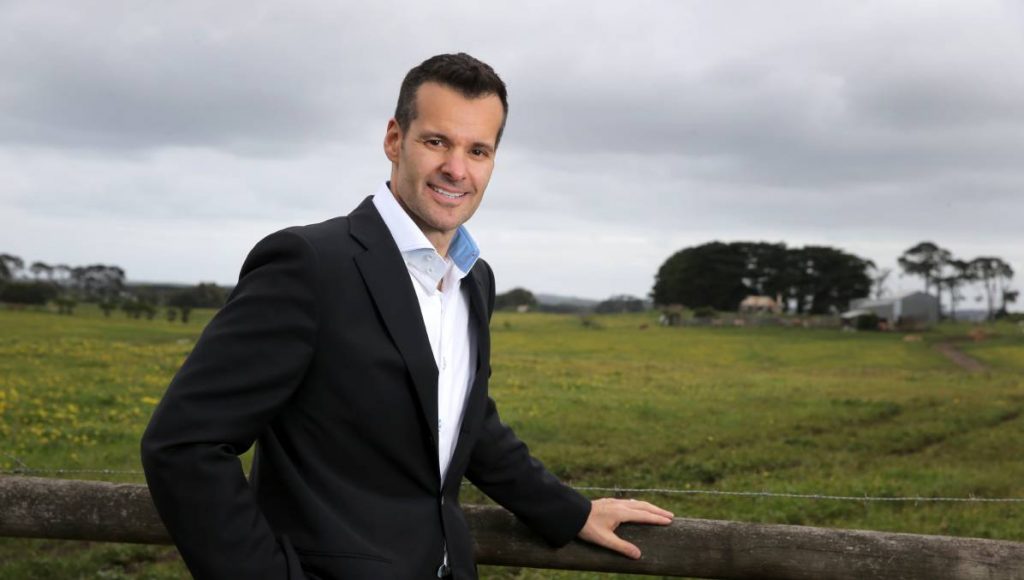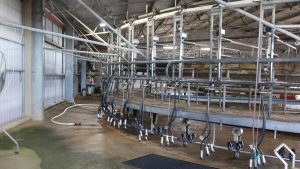
Days away from the likely release of the draft mandatory code, former Saputo suppliers like Carlie Barry have fallen through the cracks.
The largest processor of Australian milk, Saputo, this month refused to pass on retrospective payments to farmers, including Ms Barry, in line with the voluntary code’s provisions.
Unlike most Saputo suppliers, who have rolling contracts, Ms Barry had a fixed-term contract, which she fulfilled until its July 31 expiry.
Under the voluntary code: “A farmer is entitled to all accrued loyalty and other payments where they have supplied to the end of a contract term, irrespective of whether they remain a supplier post a contract expiry.”
But Saputo simply pointed the Stock & Land to its handbook.
“As set out in our Milk Payment Terms, all suppliers who supplied Saputo Dairy Australia on the date of the step-up announcement are eligible to receive the step-up,” a spokesperson said.
Oddly, Saputo is not a signatory to the voluntary code even though it owned Warrnambool Cheese & Butter when it signed up to the voluntary code of practice in mid-2017 and acquired another signatory, MG, only months afterwards.
And, in July last year, Saputo chairman Lino Saputo threw his weight behind a mandatory dairy code.
“I’d like to see it implemented by the industry players, whether that’s suppliers or processors, through ADIC or other associations,” he said.
“Our suppliers are telling us this is something they want to have in place.”
Ms Barry was frustrated by the outcome.
“The code doesn’t mean anything when it boils down to situations like this,” she said.
“Farmers should be able to switch processors without missing out on payment for the full value of their milk and we definitely need some kind of mediation when there’s a complaint.”
Dairy Connect chief executive Shaughn Morgan said Ms Barry’s case was one of many.
“It just illustrates the importance of having a mandatory code implemented from January 1 to create a level playing field for farmers and processors,” he said.
“The code can’t be watered down – it needs clear, fair and equitable provisions that the ACCC can enforce.”
UDV president Paul Mumford said Saputo’s unwillingness to act in line with the voluntary code “highlighted the good things about a mandatory code.”
“Among the UDV’s recommendations is for a process which allows any farmer, small or big, to access a resolution process,” he said.
Mr Mumford denied the UDV – which had initially fought against a mandatory code in preference for a prescribed voluntary code – had lobbied Agriculture Minister Bridget McKenzie, a Victorian, to weaken its provisions.
“Absolutely not. We acknowledge the process, we acknowledge the outcome,” he said.
“We have to make sure we that it’s fit for purpose for, not only our members here in Victoria, but for the national industry.
“The rumours of it being watered down are only rumours, let’s wait and see.”
The mandatory code had been slated for introduction next year but pressure from One Nation senator Pauline Hanson saw it brought forward to later this year.

























